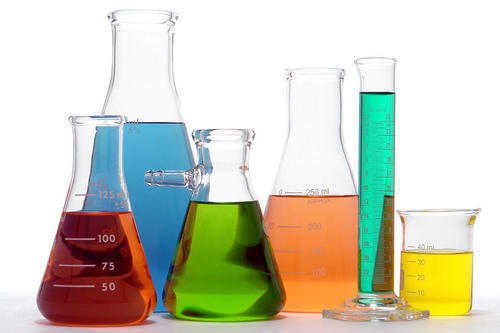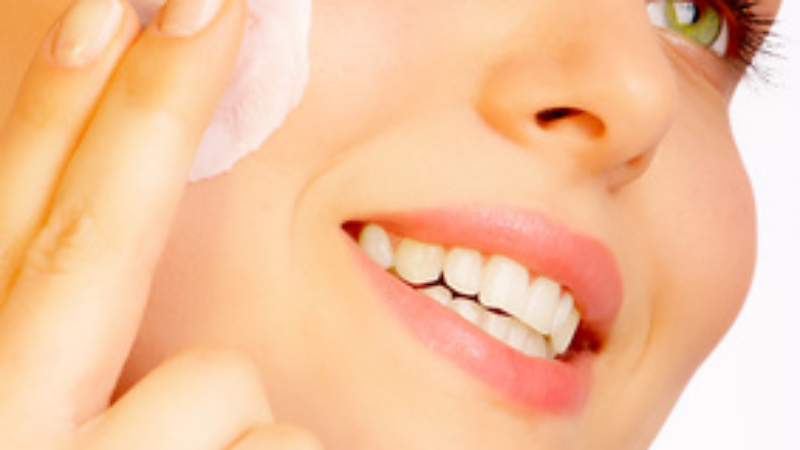The use of preservatives in skin care can be a confusing topic. On the one hand, you’ll hear about how preservatives are associated with side effects. Yet, other companies and scientifically minded individuals (like me) express concern over the safety of cosmetics promoted as being ‘preservative free’. It’s getting confusing out there!
In this post, let’s take a closer look at preservatives in skin care to help you understand why preservatives are important and how to choose products that are as safe as can be. Here are five things that will help you navigate the cosmetics counter without a science degree.
- If A Product Contains Water, It MUST Have a Preservative. Many cosmetics contain water and when water is present, it contributes to the growth of mold, bacteria and fungi. Even if the formulation doesn’t contain water, cosmetics are often kept in humid environments and may be contaminated when your hands touch the contents. Preservatives help to prevent the growth of these dangerous substances.
- Not All Chemical Preservatives Are Bad. While chemical preservatives may be problematic in high doses, the quantities used in cosmetics are minimal, generally less than 1%. The main concern is with preservatives that cross over into the blood stream where they may lead to side effects. The following are ones we should watch out for:
a. Phenolic acid (Phenol). In large quantities, it has been known to cause respiratory issues, coma, fainting, and even paralysis.
b. Phthalates: Phthalates can be absorbed through the skin and accumulated in the body. They are associated with the development of breast cancer, asthma, ADHD, obesity and Type 2 diabetes, neurodevelopmental issues, behavioral issues, autism spectrum disorders, altered reproductive development, and fertility issues.
c. Petroleum-based compounds: Some (propylene glycol, polyethylene glycols, or polyoxyethylene) can be contaminated with 1,4-dioxane, a chemical that the FDA says may cause cancer. However, it’s important to note that most cosmetics companies these days will test for this before using it so it isn’t as big as an issue as it once was.
d. Formaldehyde: This is a carcinogen and can cause allergies, irritation, and asthma. - Beware of Paraben Free Labels. Although many companies (Apothekari included) are moving away from the use of parabens in their products, the alternatives may not necessarily be better. (see the list of ones to avoid in number 2, above).
Parabens have estrogenic activity and this effect has been linked to fueling the growth of existing cancer cells. Some studies have shown them to be carcinogenic (cancer causing) as well. The science isn’t conclusive and parabens are just one of many chemicals we’re all exposed to on a daily basis. However, we feel that in this case, it’s wise to exercise caution especially when safer alternatives exist. - Preservatives May Not be Listed on the Label. Unfortunately for us, some companies play the game of misleading consumers by not listing preservatives on their label even when their formulations contain them. Yup, it happens! This kind of disingenuous marketing isn’t as uncommon as you may expect and you can be duped into thinking that the product you’re purchasing is ‘preservative-free’ when in fact it isn’t.
- Natural Preservatives are NOT Necessarily Better. The word ‘natural’ isn’t regulated when it comes to cosmetics so it doesn’t really mean anything. Natural preservatives are not necessarily safer and they may be less effective than conventional ones. Safer preservatives include food grade preservatives (like potassium sorbate and sodium benzoate); alcohols (organic ethanol, grape alcohol, benzyl alcohol, and witch hazel); and a short list of others that are sourced from plants (like gluconolactone, ethylhexyglycerin, triiostearyl citrate) and some that are synthetic but non-toxic preservatives, like dehydroacetic acid.
However, you may require natural preservatives in larger concentrations than chemical ones. They may also have heavy smells and textures that many chemical ones lack. Chemical preservatives are often cheaper, more efficient, more predictable and often associated with fewer allergic reactions.
If your health and safety are important, ensure that there are preservatives in skin care products that you and your family use. Inadequate preservation will not only make products smell and look bad but may introduce dangerous organisms to your body that can lead to severe health issues including blindness. Additionally, since cosmetics are often stored in warm and moist environments, we are creating a breeding ground for bugs. Unless a product is completely oil based, preservatives are essential and non-negotiable.
The topic of preservatives in skin care is so confusing, so you may wonder what to do. First, read labels and go with companies that you trust. By becoming an informed consumer, you’ll be able to rely on facts and not be swayed by marketing.
You can read more about our ingredients philosophy, including the use of preservatives in our line here.



